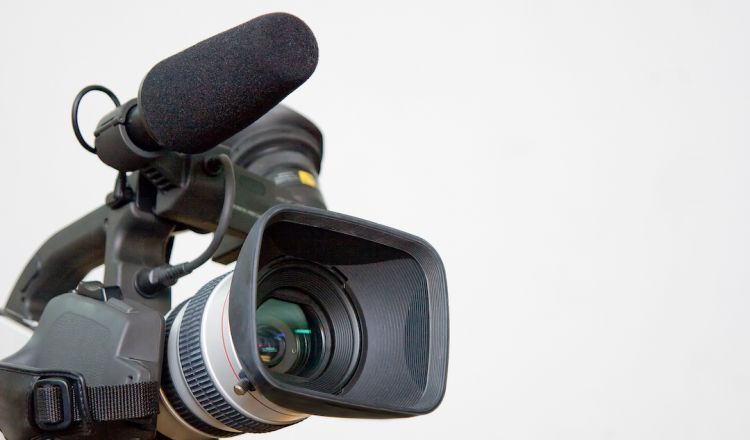Is it OK for police to pose as journalists?
2022-06-10 09:24

by Tom Jones-Poynter
| (Shutterstock) |
|
Here was the dramatic scene at a convenience store in Troy, New York, last Friday night. According to Mike Goodwin and Kathleen Moore of the Albany Times Union, a man crashed his car through the door of the store a little after 11 p.m. and held the manager and an employee hostage. He had a pair of scissors, although police said they thought he had a knife. Police also said the man “wanted to get his story out” and that no one was listening to him. The first police officer on the scene, William Fitch, is a trained negotiator and he talked with the man for nearly 90 minutes. Fitch told the Times Union, “I realized in the first couple minutes, he was definitely having some sort of mental episode. I told him I was here for him, asked him what he needs, what we can do for him.” The man told Fitch that he didn’t want to hurt anyone. Another member of the crisis negotiation team, Sgt. Nicholas Laviano, showed up and he and Fitch came up with a plan: What if police, posing as TV journalists, were to put the man on camera? They told the man that he could get his message out over TV if he let the hostages go. The man agreed. Of course, the police had no intention of actually airing the man’s grievances, but they had to act the part. Police began calling local stations and asked them to “get here as soon as possible.” When the first station showed up, police took one of their shoulder cameras and put it on an officer dressed as a cameraman. They turned on the light of the camera, but not the camera itself, and let the man talk. The man eventually surrendered. No one was hurt, which was a good thing, obviously. But is there an issue with police posing as journalists? I asked my colleague, Al Tompkins, senior faculty and group leader for broadcast media at Poynter, and a veteran TV journalist himself, what he thought about the whole situation. “On the one hand, it is a good outcome that nobody was hurt,” Tompkins told me. “But this kind of tactic should only be an extremely unusual last resort. And when it happens, it should be fully disclosed to the public.” What is the harm? “The danger is that journalists already face vitriol from some people in the public who believe journalists are an arm of law enforcement,” Tompkins said. “Anything that adds to that suspicion is potentially dangerous to journalists.” As far as this specific incident, Tompkins said, “We do not know what alternatives they considered, but one might have been that they record the man on their cellphone and say they will offer it to the media. Journalists would be wise not to use such video if police did that, but it might satisfy the demand. Another option might be to not pose as a journalist but allow the actual journalist into the situation. The man had scissors, not a gun, so the danger to the journalist would have been small.” Laviano, one of the police negotiators, told the Times Union, “The reason we did this is because he said he would release the hostage. We weren't going to put a civilian in that position.” |









